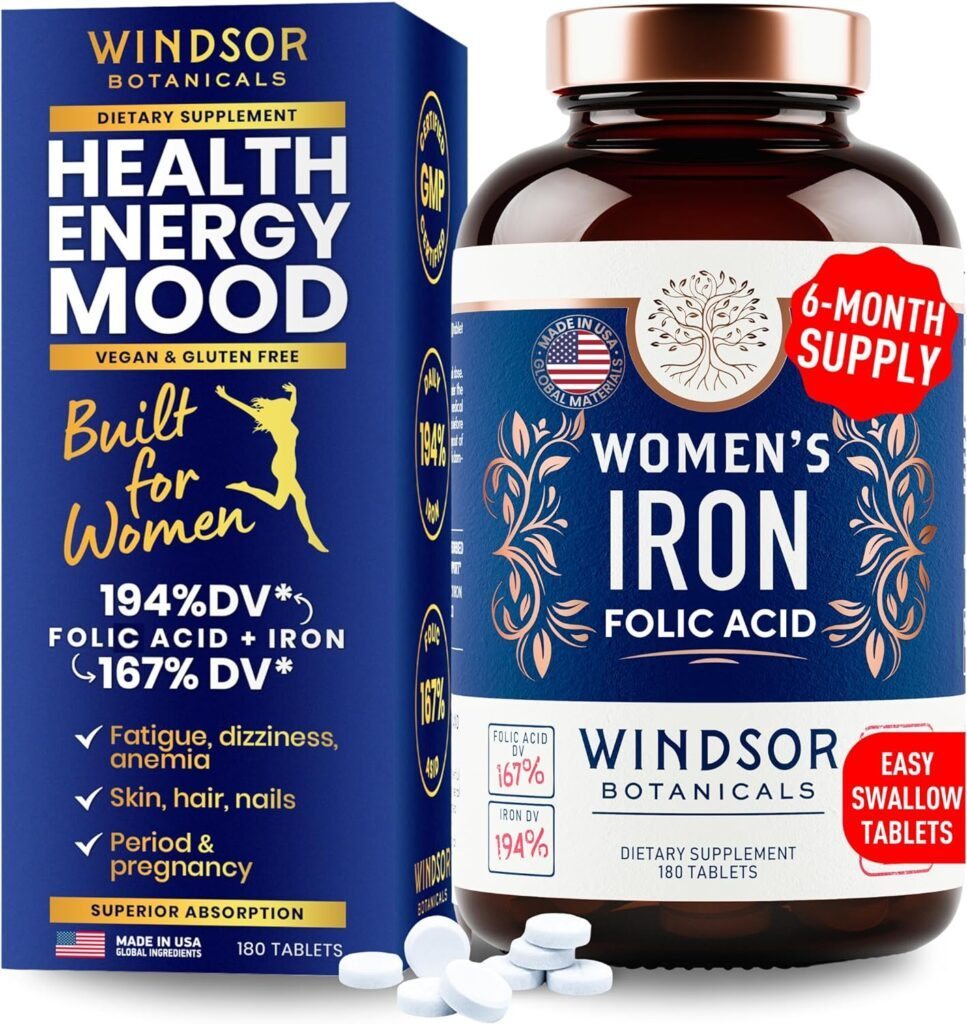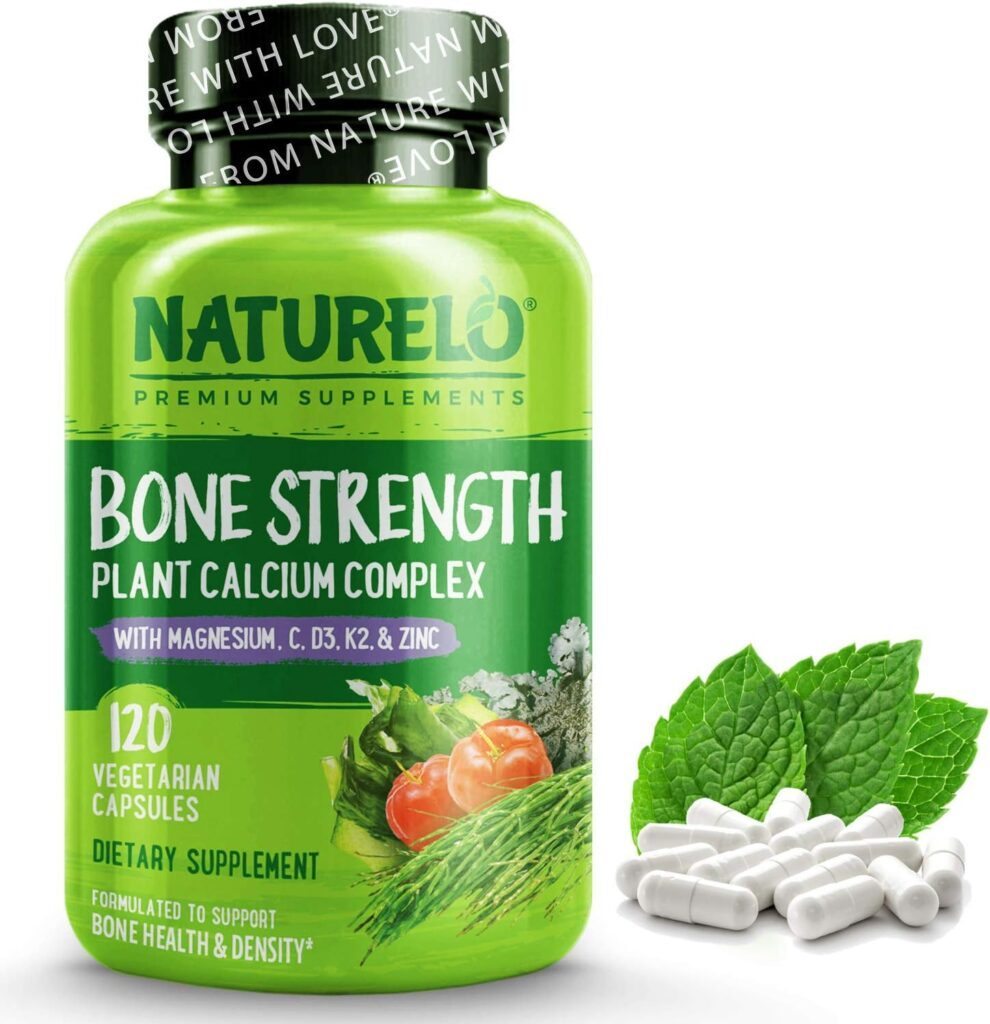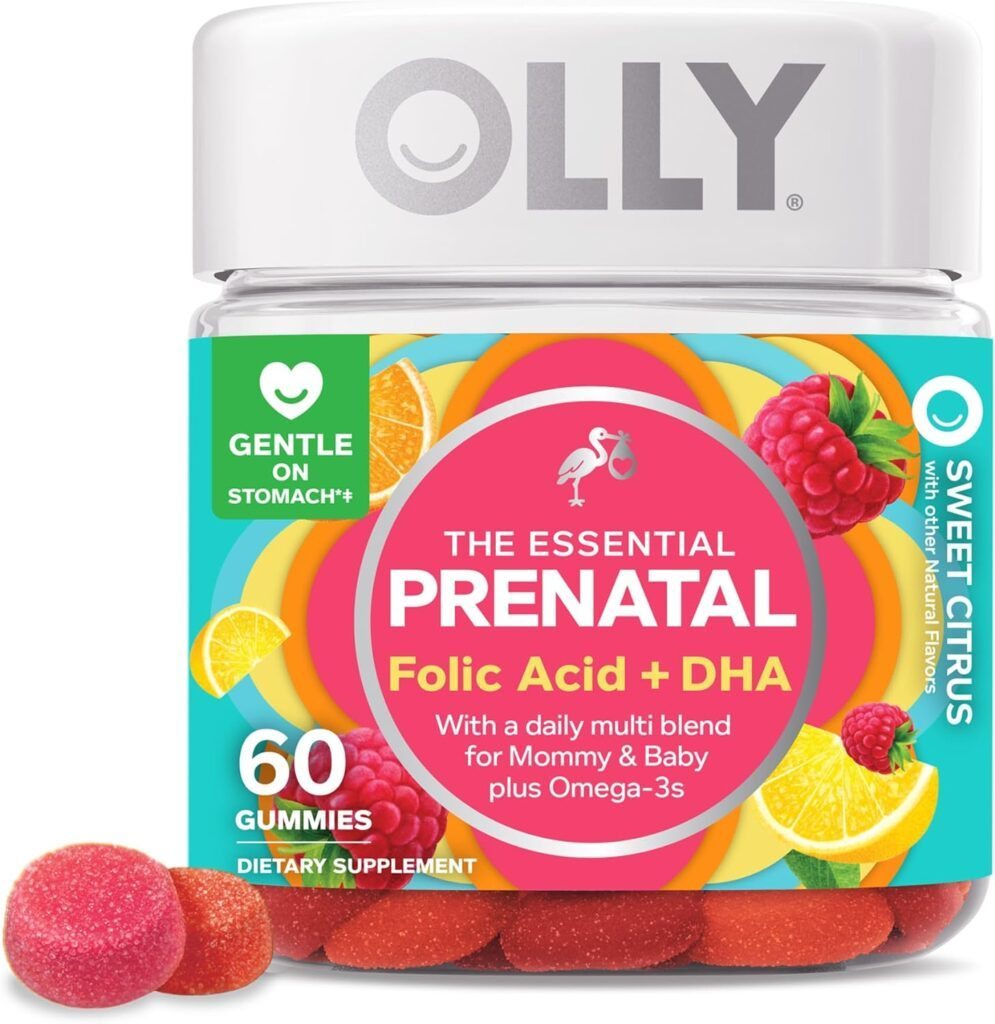Breastfeeding is a beautiful experience but ensure optimal health for yourself and your baby, it’s important to maintain a balanced diet rich in essential vitamins and minerals. While a healthy diet can provide most of the necessary nutrients, supplementation may be necessary to fill any nutritional gaps.
This article will explore the importance of vitamins for breastfeeding mom, discuss the key vitamins to consider, and provide practical tips for incorporating them into your daily routine.
This article is not a medical advice, always consult with your doctor.
Folic Acid and Iron
During pregnancy, your body requires increased amounts of folic acid and iron to support the development of your baby and maintain your own health.
- Folic acid is important for healthy development of fetus. Broccoli, Avocado, Leafy Greens, Eggs, and other.
- Iron helps producing red blood cells, which carry oxygen to both you and your baby. Meat, eggs, vegetable and many other food options.
When to start taking vitamins
If you are planning a pregnancy, it’s recommended to start taking prenatal vitamins 3 months before attempting conception. Additionally, you can consult with your doctor for a blood test to assess your vitamin levels and identify any deficiencies that may need to be addressed before pregnancy.
Check our Vitamin Chart (PDF download) and get necessary vitamins from your food.
Calcium and Vitamin D
Calcium for building strong bones and teeth. During pregnancy, your body draws calcium from your bones to support your baby’s skeletal development. Consuming enough calcium is important to prevent bone loss and ensure the health of both you and your baby.
Vitamin D for the absorption of calcium. It also plays a role in immune function and other vital bodily processes. Sunlight exposure is the primary source of vitamin D, but many people, especially those living in colder climates or with limited sun exposure, may require supplementation.
Pre-Natal Vitamins
When you start your prenatal vitamins, you should also increase your water intake, exercise, and fiber consumption. This can help prevent potential side effects such as constipation or hemorrhoids.
Disclosure: We use affiliate links to earn a small commission. If you choose to purchase something through one of these links, there is no cost to you.





